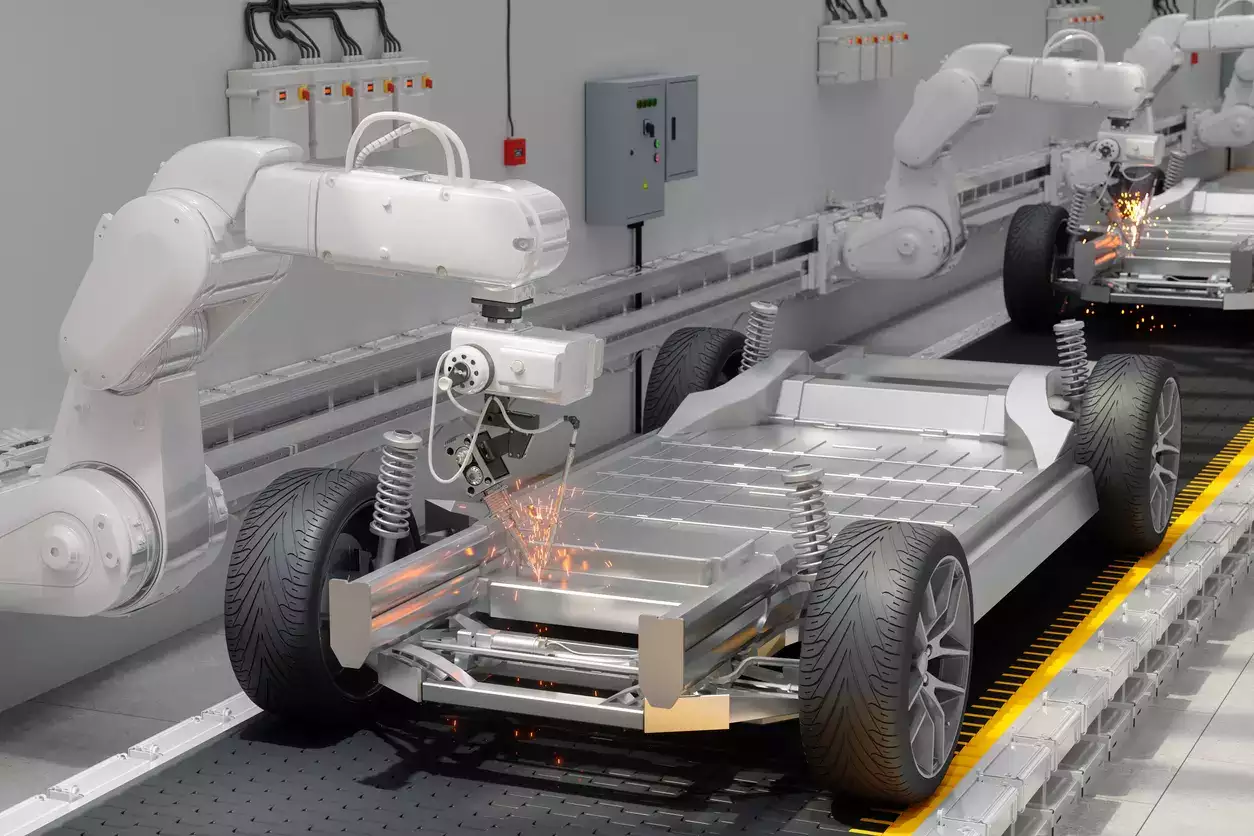
Industry collaboration
Misa Singh, Business Fundamentals Analyst at GlobalData, explained that these approaches are gaining attention not just from vehicle manufacturers but also from companies outside the automotive sector. “Companies are interested in these markets to improve operational efficiencies, expand the standard battery-swapping network, and provide convenient options to customers. The Indian government is also playing a vital role in this area by introducing subsidy policies to attract companies,” Singh noted.
Taiwanese company Gogoro Inc has been working closely with the Indian Ministry of Heavy Industries and the Indian Battery Swap Association, alongside several original equipment manufacturers (OEMs), to finalise India’s Fame 3 subsidy plan, which incorporates battery swapping. Gogoro has also carried out a successful pilot programme with Rapido, reporting that riders were pleased with the battery swap experience. The company aims to commercially launch battery swapping and its Gogoro Smart scooters in the fourth quarter of 2024.
Nio Inc, another key player in the battery-swapping space, is awaiting India’s new subsidy policy, which it hopes will provide benefits for battery-swapping vehicles as well as GST incentives. Nio has already teamed up with several companies, including Changan Automobile, Geely Holding, Anhui Jianghuai Automobile Group (JAC), Chery, Lotus, GAC Group, and FAW, to expand the battery-swapping network. In addition to battery swapping, Nio’s business model allows users to purchase a Nio vehicle and subscribe to the battery separately under the BaaS model, thereby lowering the upfront cost and offering a monthly subscription for battery use.
Expansion of global battery-swapping initiatives
Other companies are also embracing battery-swapping solutions. Geely Automobile Holdings Ltd, in partnership with Lifan Technology (Group) Co., Ltd, has launched Livan Automobile, a joint venture aimed at improving operational efficiency for business customers and providing convenient battery-swapping options for individual users. The company has already established networks in several Chinese cities, including Hangzhou, Chongqing, Jinan, and Suzhou.
In India, Atul Auto Ltd's subsidiary, Atul Greentech Private Limited (AGPL), has partnered with Honda Power Pack Energy India and Valeo to roll out battery-swapping technology, particularly focusing on the three-wheeler segment. Meanwhile, Stellantis NV plans to collaborate with Ample to utilise its Modular Battery Swapping Technology from December 2023 for Stellantis’ EVs.
Wasion Holdings Ltd has also entered the market, launching products that include intelligent charging and battery-swapping devices alongside two core control systems, while Vmoto Limited introduced its first battery swapping and charging station for electric motorcycles and scooters. Vmoto aims to provide integrated solutions for both business-to-consumer and business-to-business customers.
Government support
Indian Oil Corporation Ltd has announced a joint venture with Sun Mobility Pte Ltd to establish a battery-swapping network across India by 2030. The collaboration is designed to combine technology with the efforts of OEMs to expand the network across multiple cities. According to Indian Oil Corp, battery swapping can offer a swift and convenient solution for EV users, reducing long charging times, extending battery life, and minimising electronic waste.
These developments reflect a growing industry trend towards battery swapping and BaaS as companies and governments collaborate to overcome the current challenges in the EV market. Together, they are working to create a more sustainable and user-friendly future for electric mobility.
To learn more about the electric vehicle ecosystem and meet the key industry leaders, click here.
Disclaimer: The copyright of this article belongs to the original author. Reposting this article is solely for the purpose of information dissemination and does not constitute any investment advice. If there is any infringement, please contact us immediately. We will make corrections or deletions as necessary. Thank you.





